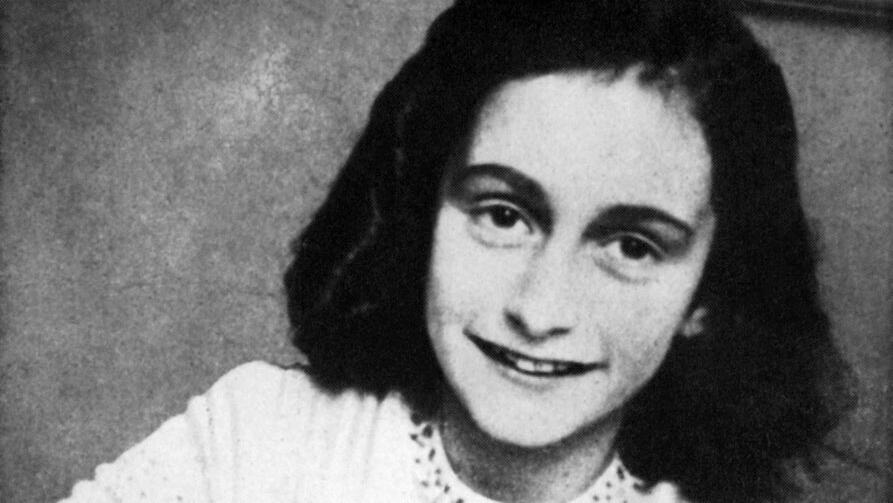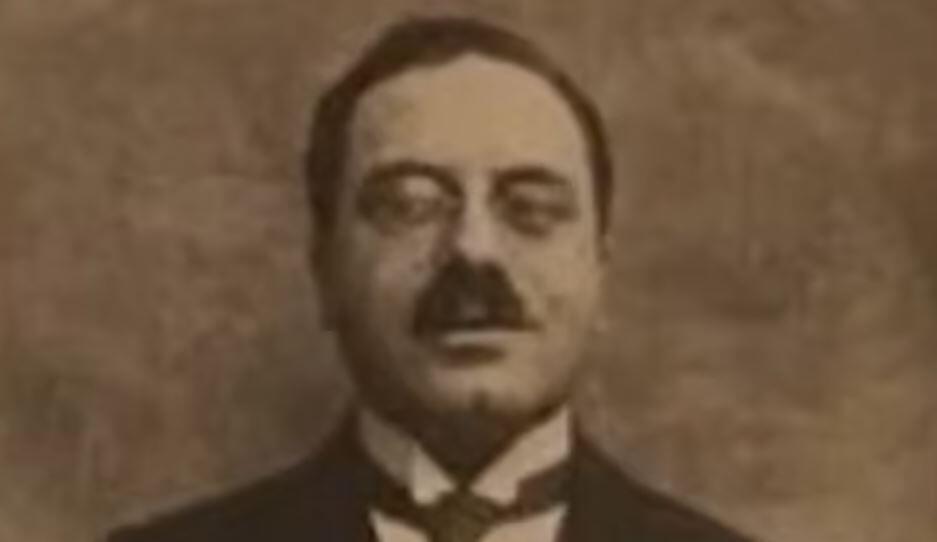A six-year cold case investigation identified a surprising suspect in the betrayal and consequent death of famous German-Dutch Jewish diarist Anne Frank, who was murdered in a Nazi concentration camp in 1945.
A team of historians, criminologists, and data specialists all concluded it "very likely" that Jewish notary Arnold van den Bergh — in an attempt to save his own family — betrayed Ann and seven other Jews who were hiding for nearly two years in a secret annex above a canal-side warehouse in Amsterdam.
The investigators noted that van den Bergh allegedly had access to information about Anne's hiding place because he was a member of Amsterdam’s wartime Jewish Council — a body set up by the Nazis to oversee the same Jewish populations they were exterminating.
The investigators added that van den Bergh — who died in 1950 — was not sent to a concentration camp approaching the end of the war, strengthening the assumption he betrayed his own people to save his family.
Some experts, though, suggested that the evidence used to make the distinction was inconclusive.
Historian Erik Somers, a member of the Dutch NIOD Institute for War, Holocaust, and Genocide Studies, praised the investigation, though he voiced skepticism toward its conclusion.
According to Somers, van den Bergh was pointed at as the prime suspect due to the discovery of an anonymous note sent to Anne's father, Otto Frank, after the war, naming the Jewish notary as the likely culprit.
While dozens of suspects have been named in the decades since Anne's death, the Anne Frank House NGO — which aims to conserve Anne's memory — said in a 2016 probe that it is possible that the discovery of the secret annex in which she was hiding was a chance occurrence.



